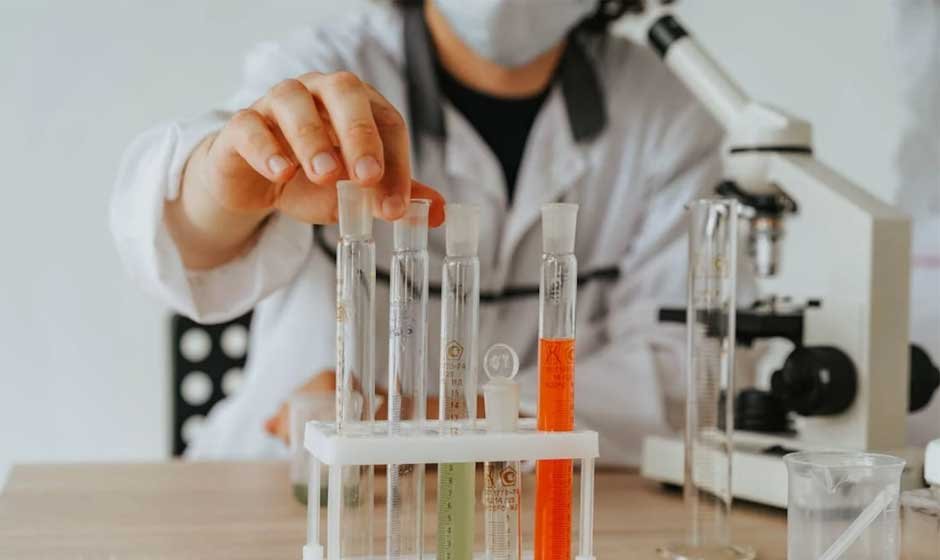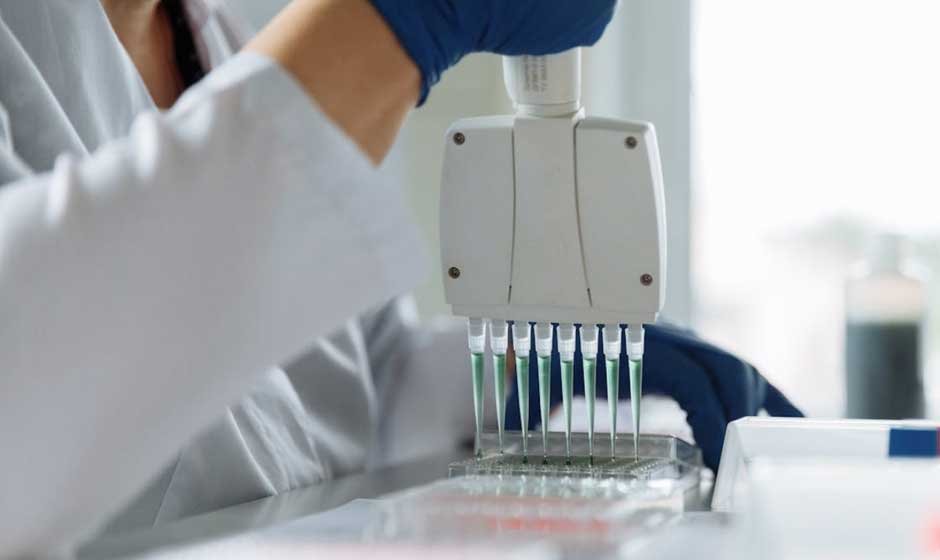The integration of toxicology and blood testing into medical practices has emerged as an essential component for improving patient care and safety. This collaboration offers a myriad of advantages, from enhanced diagnostics to better treatment strategies. With the rising complexity of health conditions and the increasing prevalence of substance abuse, having reliable testing partnerships is more critical than ever. Medical practitioners are finding that aligning with specialized laboratories streamlines testing processes and enriches patient management. The demand for accurate and timely results can lead to quicker interventions, ultimately improving patient outcomes.
Improving Diagnostic Accuracy
Toxicology and blood testing partnerships provide medical practices with the tools needed to improve diagnostic accuracy significantly. By utilizing advanced testing methods, healthcare professionals can obtain detailed biomarker profiles that paint a comprehensive picture of a patient’s health. This progression in testing capabilities allows physicians to make better-informed clinical decisions. Improved accuracy is crucial, especially in diagnosing conditions such as poisoning or overdoses, where rapid decision-making can alter the prognosis.
Healthcare providers can detect drug interactions, identify underlying metabolic disorders, and ascertain substance abuse issues effectively. Such detailed insights can lead to optimized treatment plans tailored to the individual needs of patients. Working with laboratories specializing in these tests ensures that practices have access to the latest technologies and methodologies, fostering a more effective healthcare environment.
Streamlining Patient Management
Partnerships with toxicology and blood testing laboratories help medical practices streamline patient management. Centralizing testing functions allows healthcare providers to focus on patient care rather than administrative tasks related to testing logistics. With a partnership in place, practices benefit from faster turnaround times, enabling quicker decision-making regarding treatments and interventions. The efficiency gained can significantly improve patient satisfaction as they experience reduced waiting periods for results.
Having consistent testing availability ensures that practices can handle various patient needs without delay. With options like Toxicology Testing, practices can identify changes in patient health status promptly, promoting proactive rather than reactive care. These advancements allow for the optimization of healthcare delivery, resulting in a more efficient workflow and better resource allocation.
Enhancing Quality of Care
Quality of care can see a marked improvement through strategic partnerships in toxicology and blood testing. Access to high-quality testing equipment and expertise enables practices to maintain high standards in patient diagnosis and care. Enhanced testing can be invaluable in adhering to regulatory standards and quality metrics set forth by healthcare governing bodies. The fast-paced nature of healthcare often poses challenges in maintaining consistent care quality.
Organizations that engage with established testing laboratories can benefit from their resources and knowledge, elevating their capacity to deliver exceptional patient care. By regularly monitoring toxic exposures and blood components, practices can implement preventative measures and ongoing assessments that cater to individual patient needs. Improved healthcare measures result in better health outcomes and increased patient trust and satisfaction.
Fostering Interdisciplinary Collaboration
Embracing partnerships in toxicology and blood testing encourages interdisciplinary collaboration among healthcare professionals. By working together across various specialties, practitioners can create a holistic approach to patient care. This collaboration between toxicologists, laboratory scientists, and medical professionals promotes the sharing of expertise, leading to enhanced learning opportunities. Interdisciplinary teams can better interpret test results and develop comprehensive care strategies that consider the interrelations between different health aspects.
Addiction specialists can work alongside toxicologists to assess substance abuse patterns, crafting integrated treatment plans that address the root causes of the problem. The benefits of such cooperative initiatives extend beyond immediate patient interactions, as they create a culture of shared knowledge and continuous improvement in practice standards.
Reducing Healthcare Costs
Costs can be a significant barrier to effective healthcare delivery. Partnerships that focus on toxicology and blood testing can help medical practices reduce overhead expenses related to lab operations. By outsourcing testing to specialized laboratories, practices can eliminate the costs associated with maintaining their testing facilities. This shift opens avenues for better pricing structures due to the economies of scale that established laboratories can provide.
Reduced costs in testing enable practices to pass savings on to patients, which can enhance access to necessary tests that they might have otherwise foregone. Such financial considerations align with the overarching goal of ensuring that high-quality healthcare is accessible to all. Investments in robust testing partnerships often see a positive return through improved patient outcomes and increased practice revenues.
Supporting Legal Compliance
Maintaining legal compliance in healthcare is a non-negotiable standard for medical practices. Integrating toxicology and blood testing partnerships helps ensure consistent adherence to legal and regulatory requirements. Reliable testing methods are essential for meeting state and federal regulations regarding substance use, reporting, and patient safety. Practices must have diligent protocols in place to avoid liabilities associated with misdiagnosis or delayed diagnosis that can arise from insufficient or inaccurate testing.
Collaborating with accredited laboratory partners provides the assurance that all testing processes comply with current laws and regulations. Such partnerships often provide the necessary documentation and certification needed during audits, safeguarding practices against potential legal issues. In an industry where compliance can significantly impact operational viability, the benefits of synergizing with testing laboratories far outweigh the risks of operating independently.
Leveraging Data Insights for Improved Practices
Data collection and analysis are paramount for driving improvements in healthcare practices. Partnerships with toxicology and blood testing laboratories offer valuable data insights that medical practices can leverage for better patient outcomes. Understanding trends in test results aids in monitoring individual patient health and provides broader epidemiological insights.
This information can help practices identify patterns in substance use or health conditions prevalent among their patient populations. By analyzing aggregated data, practices can adapt their services to meet the emerging needs of their community and adjust treatment approaches accordingly. Consistent access to quality data fosters a learning environment among staff, encouraging them to engage in ongoing professional development and improvement protocols.
Adapting to Emerging Healthcare Challenges
As the healthcare landscape evolves, medical practices must remain adaptable to new and emerging challenges. Toxicology and blood testing partnerships provide a foundation for addressing unforeseen health threats, including new drug trends, environmental exposures, and evolving diseases. With the support of specialized laboratories, practices can quickly adjust testing protocols to respond to shifting healthcare dynamics.
This adaptability ensures that patient care remains both current and relevant, even as medical needs change. Proactive collaborations prepare healthcare providers to implement preventative strategies that mitigate risks before they escalate. Staying ahead of potential health crises contributes to a resilient healthcare model capable of delivering high-quality care in any circumstance.

Collaborations between medical practices and testing laboratories represent a progressive approach to patient care. As healthcare continues to evolve, the integration of specialized partnerships could fundamentally reshape how practitioners deliver care while prioritizing patient safety, satisfaction, and well-being.



